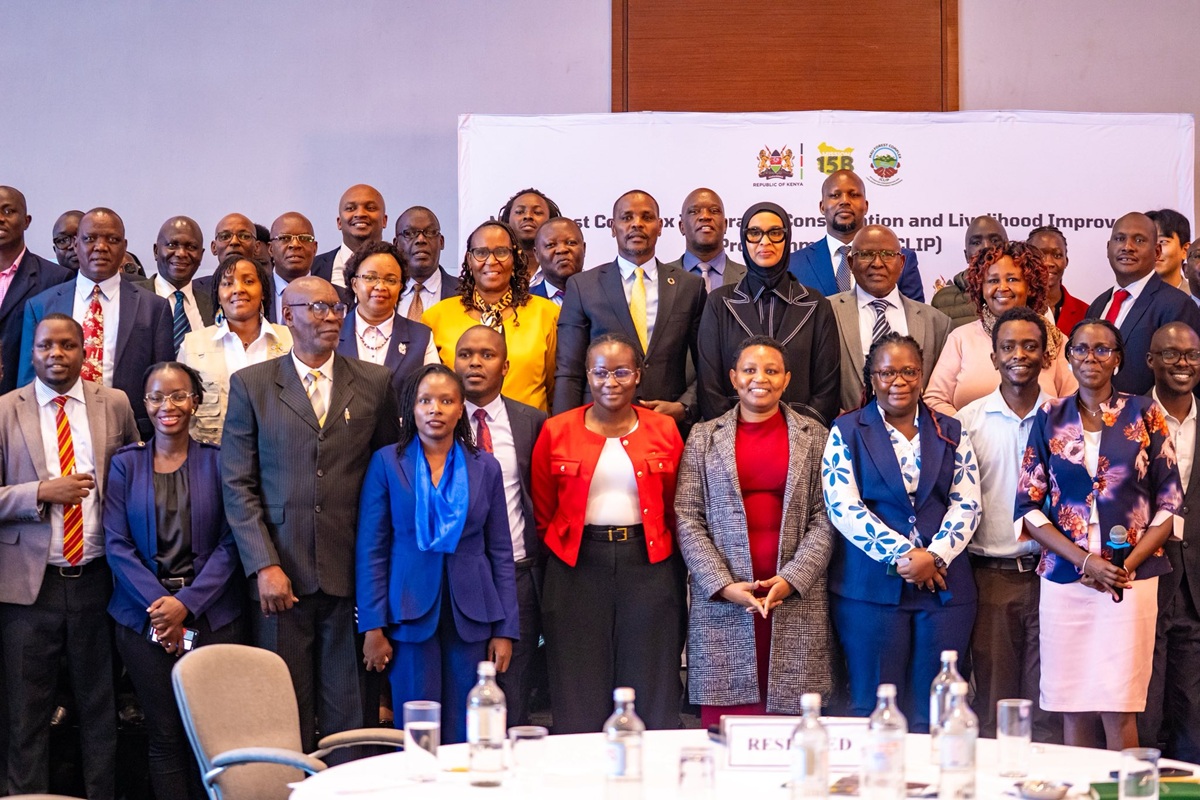EGERTON
UNIVERSITY
28th May, 2024
Ladies and Gentlemen,
Good morning. It is my distinct pleasure to welcome you all to this breakfast meeting on policy dialogue in agriculture as an enabler for youth employment and small and medium-sized enterprises (SMEs). I extend my heartfelt gratitude to our partners from the Regional Universities Forum for Capacity Building in Agriculture (RUFORUM), Gulu University, and the MasterCard Foundation for their unwavering support of the TAGDev Program.
The Transforming African Agricultural Universities to meaningfully contribute to Africa’s Growth and Development (TAGDev) Program, implemented here at Egerton University in Kenya and Gulu University in Uganda, has been a beacon of transformation over the past eight years. This initiative has sought to harness the potential of science, technology, business, and innovation to drive rural agricultural transformation and address developmental challenges at multiple levels—individual, community, institutional, national, and regional.
The primary focus of TAGDev has been on agriculture as a pivotal force for creating opportunities for youth. By doing so, we aim to propel financial independence and lift millions of smallholder farmers out of poverty. This mission aligns perfectly with the urgent need to address youth unemployment, a significant threat to development and stability in Africa.
According to the Kenya National Bureau of Statistics, the unemployment rate in Kenya stands at 10% of the total population, with a staggering 29% of young people aged between 18-34 years unemployed. The mismatch between the number of new job market entrants and available job opportunities underscores the critical need for innovative approaches to youth engagement and employment.
Entrepreneurship emerges as a key driver of sustainable economic growth and job creation. SMEs contribute to more than 50% of GDP and employment in Africa, underscoring the importance of entrepreneurship in generating employment for the educated young population. Through innovation, entrepreneurship not only creates jobs but also enhances the welfare and living standards of communities. It plays a crucial role in achieving the Sustainable Development Goals related to decent work and economic growth, industry, innovation, infrastructure, sustainable cities, and responsible consumption and production.
The TAGDev Program, now in its second phase, emphasizes community engagement and entrepreneurship to create job opportunities for young women and men. Our approach is inclusive, targeting not only university graduates but also TVET graduates, rural youths with no formal skills, and informal entrepreneurs. By doing so, we ensure that our initiatives benefit a broad spectrum of the community, particularly those who might otherwise be overlooked.
The recent assessment of TAGDev 1.0 highlights our progress and impact. Areas such as Subukia, Solai, and Turi in Nakuru County revealed significant advancements in agricultural productivity and livelihoods. Projects like the Cassava Value Chain CARP, led by Professor Richard Mulwa, and the Seed Potato CARP, under the guidance of Professor Anthony Kibe, have made substantial contributions to the local farming communities.
These achievements would not have been possible without the collaborative efforts between academia, government, and the private sector. As we move forward, we must strengthen these partnerships to co-create enabling policies that support youth-driven economic growth through entrepreneurship.
Today's policy dialogue aims to foster these collaborations and create an enabling environment for youth employment. Our specific objectives include engaging policymakers to create supportive job creation environments, discussing the critical role of empowered young women and men in economic development, and emphasizing the importance of inclusivity through community engagement.
In conclusion, I urge all stakeholders present here today to actively participate in the discussions and contribute to shaping policies that will drive meaningful job creation and entrepreneurial growth. Together, we can harness the potential of agriculture and entrepreneurship to transform lives and communities, paving the way for a prosperous and inclusive future. Thank you.








